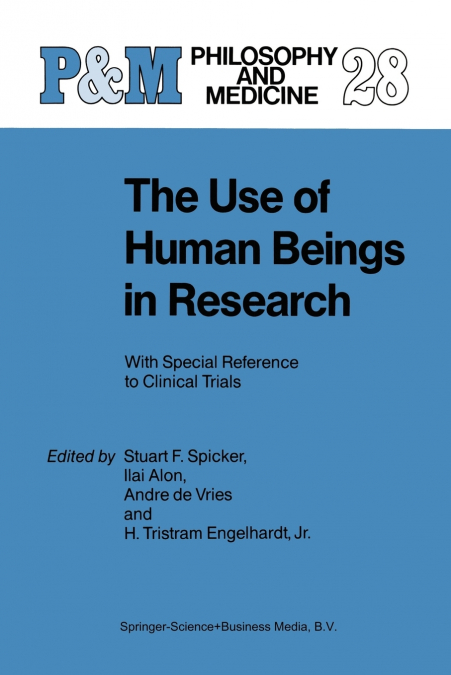
This volume, which has developed from the Fourteenth Trans Disciplinary Symposium on Philosophy and Medicine, September 5-8, 1982, at Tel Aviv University, Israel, contains the contributions of a group of distinguished scholars who together examine the ethical issues raised by the advance of biomedical science and technology. We are, of course, still at the beginning of a revolution in our understanding of human biology; scientific medicine and clinical research are scarcely one hundred years old. Both the sciences and the technology of medicine until ten or fifteen years ago had the feeling of the 19th century about them; we sense that they belonged to an older time; that era is ending. The next twenty-five to fifty years of investigative work belong to neurobiology, genetics, and reproductive biology. The technologies of information processing and imaging will make diagnosis and treatment almost incomprehensible by my generation of physicians. Our science and technology will become so powerful that we shall require all of the art and wisdom we can muster to be sure that they remain dedicated, as Francis Bacon hoped four centuries ago, 'to the uses of life.' It is well that, as philosophers and physicians, we grapple with the issues now when they are relatively simple, and while the pace of change is relatively slow. We require a strategy for the future; that strategy must be worked out by scientists, philosophers, physicians, lawyers, theologians, and, I should like to add, artists and poets.